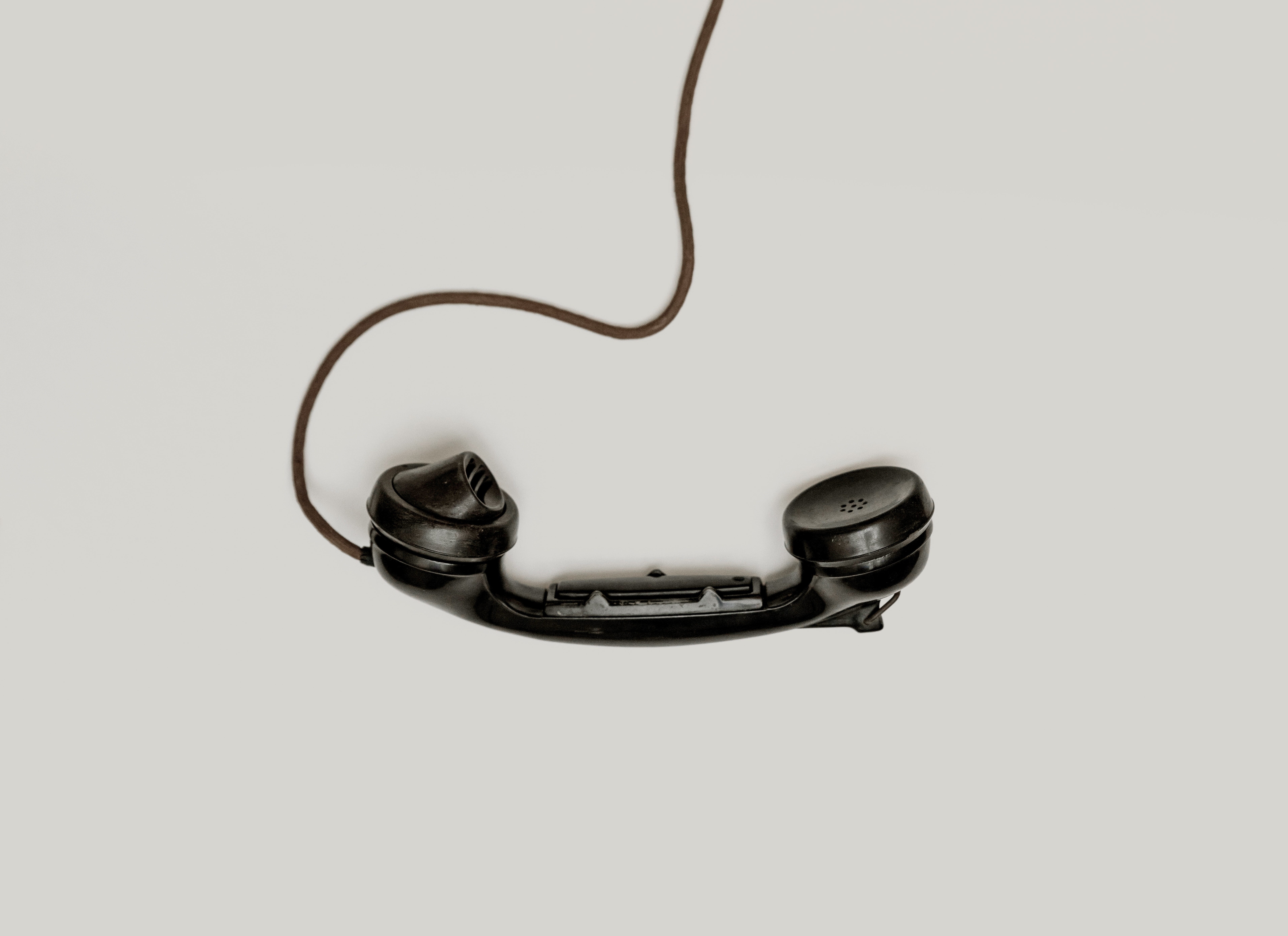New Skill: Ending Phone Calls Gracefully
“This phone call could have been an email.” Anonymous (popularized in meme form)
Bet you’ve heard or used the phrase “I’ll let you go” lately, as it’s become a popular sign-off technique to get off a phone or a Zoom call. Sort of like George Costanza’s classic relationship break-up line, “It’s not you, it’s me,” the utterer of the phrase is being a tad disingenuous. “I’ll let you go” sounds like the one so stating is doing the other a favor by releasing them from the call. A seemingly generous restoration of the other party’s blessed freedom. But hardly. Instead, the phrase is understood by all for what it really is: “I’m tired of this call and want to be released from it.” The phrase is used with equal enthusiasm by those who initiated the call (“I started the call and now I’ll release you”), and those who accepted the call (“You called me but now I’ll release you”).
 I dread getting phone calls from long-winded types when I can hear that they’re in their car. Making the call while driving is a good use of their time – not necessarily my time – and since they are driving anyway, they have no sense of urgency to get to the point and get off the call. Beware! It’s almost certain you’ll need to use a technique described here to extricate yourself from the call.
I dread getting phone calls from long-winded types when I can hear that they’re in their car. Making the call while driving is a good use of their time – not necessarily my time – and since they are driving anyway, they have no sense of urgency to get to the point and get off the call. Beware! It’s almost certain you’ll need to use a technique described here to extricate yourself from the call.
Although we confess in desperate situations to using the “I’ll let you go” technique ourselves, we can all do better. After all, the disingenuousness is transparent, and who are we to “release” someone from the consensual act of a phone or Zoom call? Technically speaking, the phrase is properly limited to a police officer letting someone out of handcuffs, a judge dismissing charges, or a teacher allowing someone to leave to go to the bathroom. No one likely agreed to be held captive on a phone call until we released them. So here are some alternatives for your consideration. Note, though, that the following tactics might not be as successful if you are on-camera. For example, declaring that you have to “be somewhere” is a dubious claim if you are in sweats, eating pizza with your feet up and the TV on in the background. That said, try these:
“I enjoyed (if true) the call; thank you for your time. I have to . . .
-
- Run
- Take another call
- Go to a meeting
- Be somewhere
- Get off the phone
- Deal with bathroom issues (if all of the above fail!)
Let’s talk again soon.”
 Readers of my generation — and certainly those younger than I— have likely already developed a brilliant fix to the “can’t get off the phone” problem. It’s pretty simple: don’t get on the phone. Except for special cases (and for special callers), I don’t answer the phone unless the call was scheduled. And if it’s a number I don’t recognize? Please. Almost nothing good can come from answering that. Of course, some phone calls/Zoom meetings are unavoidable, even when they are impromptu. Your boss, an important client, a kidnapper who wishes to discuss a ransom demand — when they ring, you best answer.
Readers of my generation — and certainly those younger than I— have likely already developed a brilliant fix to the “can’t get off the phone” problem. It’s pretty simple: don’t get on the phone. Except for special cases (and for special callers), I don’t answer the phone unless the call was scheduled. And if it’s a number I don’t recognize? Please. Almost nothing good can come from answering that. Of course, some phone calls/Zoom meetings are unavoidable, even when they are impromptu. Your boss, an important client, a kidnapper who wishes to discuss a ransom demand — when they ring, you best answer.
Here’s to genuine – and painless – phone and Zoom call endings!
Sources:
Stephen Ford, “My Phone Calls are Holding Me Captive,” in The Wall Street Journal, July 26, 2021.


